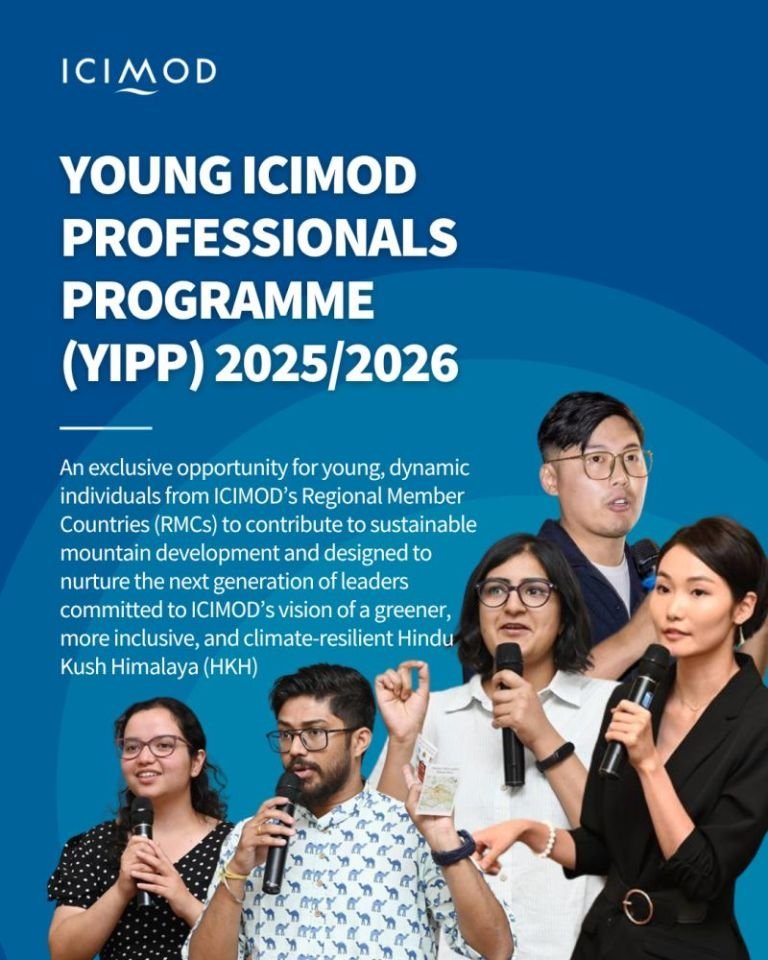The British Academy UK Innovation Fellowships 2025 is more than just another academic programme—it’s a career-transforming opportunity designed to bridge research excellence with real-world impact. If you’re a social sciences or humanities researcher in the UK, this could be your golden ticket to work with business, government, and civil society partners on projects that matter.
But why is this fellowship drawing so much attention in 2025?
Because it’s about innovation, impact, and collaboration. The programme is funded by the Department for Science, Innovation and Technology (DSIT) and delivered by the British Academy—so you know it carries weight.
Let’s break down exactly what the British Academy UK Innovation Fellowships 2025 offers, who should apply, how to prepare, and what mistakes to avoid. This post is your all-in-one guide.
Why the British Academy UK Innovation Fellowships 2025 Is a Big Deal
British Academy UK Innovation Fellowships 2025: A Boost for Applied Research
The heart of the British Academy UK Innovation Fellowships 2025 lies in using academic research to solve real-world problems. The initiative supports two distinct routes:
- Policy Route: For researchers looking to influence public policy.
- Practice Route: For collaborations with businesses, charities, or NGOs.
This dual approach ensures researchers from diverse fields—sociology, history, law, anthropology, philosophy, and more—have a chance to showcase the practical value of their work.
These fellowships are not just about publishing papers—they’re about making change.
Who Should Apply for the British Academy UK Innovation Fellowships 2025?
British Academy UK Innovation Fellowships 2025: Eligibility Criteria
Not everyone can apply, but the eligibility is generous enough to include a wide pool of talent. Here’s what you need:
- You must be based at a UK university or independent research organisation.
- Your research must fall under SHAPE disciplines (Social Sciences, Humanities, and Arts for People and the Economy).
- You must have completed a PhD or have equivalent research experience.
📌 Note: Early-career and mid-career researchers are especially encouraged to apply!
Do You Need Prior Industry Links?
While having a pre-existing relationship with a partner organisation helps, it’s not mandatory. What matters is your proposal’s potential for innovation, impact, and feasibility.
That said, if you’re new to industry partnerships, consider reaching out early and building that connection.
What Are the Key Features of the British Academy UK Innovation Fellowships 2025?
British Academy UK Innovation Fellowships 2025: Funding Details
Each fellowship is fully funded. Here’s a breakdown of what’s on the table:
| Feature | Details |
|---|---|
| Duration | 12 months full-time (or part-time equivalent) |
| Funding per award | Up to £150,000 |
| Covered expenses | Salary, overheads, training, travel, consumables, and project-related costs |
| Hosting institution | Must be a UK-based research organisation |
Application Procedure
Application Process
- Scheme Opens: 5 June 2025
- Deadline to Apply: 6 August 2025 (17:00 BST)
- Apply via: British Academy Flexi-Grant Portal
- Contact Email: grants@thebritishacademy.ac.uk
Applicants are encouraged to read the Scheme Guidance Notes and Frequently Asked Questions before preparing their application.
How to Prepare a Winning Application for the British Academy UK Innovation Fellowships 2025
Step-by-Step Guide to Applying
1. Define Your Innovation Idea:
Choose a problem your research can realistically solve in collaboration with a partner organisation.
2. Secure a Partner:
Whether public policy or a commercial entity, your partner must co-develop and back your proposal.
3. Draft a Powerful Proposal:
Use clear language. Show evidence. Emphasise impact, implementation, and innovation.
4. Build a Supportive Team:
Include collaborators from your department and the external partner. Review your plan for feasibility and risk.
5. Submit via Flexi-Grant:
Apply using the British Academy’s grant portal: https://britishacademy.flexigrant.com/
Tips to Stand Out in the Application
- Avoid academic jargon. Use simple language to describe your work and its value.
- Include a clear theory of change. How does your research lead to impact?
- Use data and evidence. Show that your idea is backed by insight, not speculation.
- Outline dissemination plans. Mention blogs, media, policy briefings, etc.
British Academy UK Innovation Fellowships 2025: Key Benefits
1. Career Advancement
The programme enhances your academic CV, network, and industry credibility.
2. Long-Term Collaborations
These fellowships often lead to long-standing relationships with partner organisations. That’s how you future-proof your research career.
3. Exposure and Influence
Through British Academy UK Innovation Fellowships 2025, your work can influence national policies, corporate strategies, or non-profit practices.
4. Cross-Disciplinary Value
Even if your core research is in literature or philosophy, this fellowship proves that you can work across disciplines and with real-world actors.
Common Pitfalls to Avoid When Applying
Relying on Vague Impact Statements
Avoid saying, “This will benefit society.” Instead, say, “This will help Local Council X redesign its housing policies based on historical housing inequality patterns.”
Skipping the Partner Organisation’s Voice
Include input from your partner. Ideally, they should co-write parts of your proposal.
Poor Project Planning
Include a timeline, deliverables, KPIs, and how you’ll adapt if things change.
British Academy UK Innovation Fellowships 2025 vs Other Fellowships
| Feature | Innovation Fellowship | AHRC/ESRC Postdoc Scheme |
|---|---|---|
| Focus | Research-to-practice collaboration | Academic-only research |
| Funding | Up to £150,000 | ~£80,000–£100,000 |
| Industry Involvement | Required | Optional |
| Time Commitment | 12 months (FT or PT equivalent) | Varies, mostly full-time |
| Output | Tangible social/economic impact + publications | Peer-reviewed publications only |
If you want your research to go beyond academia, this is the one to apply for.
Success Stories: How the British Academy UK Innovation Fellowships 2025 Has Changed Careers
Meet Dr. Anika B., a sociologist at University of Leeds. Through her Innovation Fellowship, she partnered with the Royal Society of Public Health to examine digital health literacy in low-income communities.
Result?
- A co-authored white paper adopted by three local councils.
- A follow-up ESRC grant of £300,000.
- A TEDx talk and a spot on BBC’s “Inside Health.”
The key takeaway? Don’t underestimate the power of one good partnership, backed by the British Academy UK Innovation Fellowships 2025.
How to Make the Most of Your Fellowship Year
Leverage Your Network
Attend every workshop, stakeholder event, and public engagement opportunity. These aren’t side gigs—they are core to your fellowship’s success.
Think Long-Term
Use this year to position yourself for:
- Policy advisory roles
- R&D consultancy contracts
- Interdisciplinary grant applications
Document Your Impact
Create a blog or short monthly reports. Use platforms like The Conversation or Medium to publish lay summaries of your work.
Final Thoughts: Should You Apply for the British Academy UK Innovation Fellowships 2025?
If you’re a SHAPE researcher with a bold idea, an eye for impact, and a hunger to move your work from “theory to practice,” then YES—this fellowship is tailor-made for you.
The British Academy UK Innovation Fellowships 2025 combines prestige, funding, mentorship, and policy relevance in a single package. Don’t wait for the “perfect” time. Start shaping your application now and give your research the stage it deserves.
FAQs
1. What disciplines are eligible for the British Academy UK Innovation Fellowships 2025?
Only SHAPE disciplines—Social Sciences, Humanities, and the Arts—are eligible. This includes fields like history, law, education, linguistics, and economics.
2. Can I apply if I don’t have an existing partner organisation?
Yes. However, your chances improve with a confirmed partner that supports your application with a signed letter of collaboration.
3. Is this fellowship open to international researchers?
No. You must be based at a UK university or research institution. But international collaborators can be involved as co-investigators or partners.
4. What if my research idea is risky or unconventional?
That’s not a problem! The British Academy encourages innovation. Just make sure your plan is well thought out and has a clear impact pathway.
5. Can I apply for both the Policy and Practice routes?
No, you must choose one route. Carefully evaluate your research’s alignment and choose the most appropriate path.



